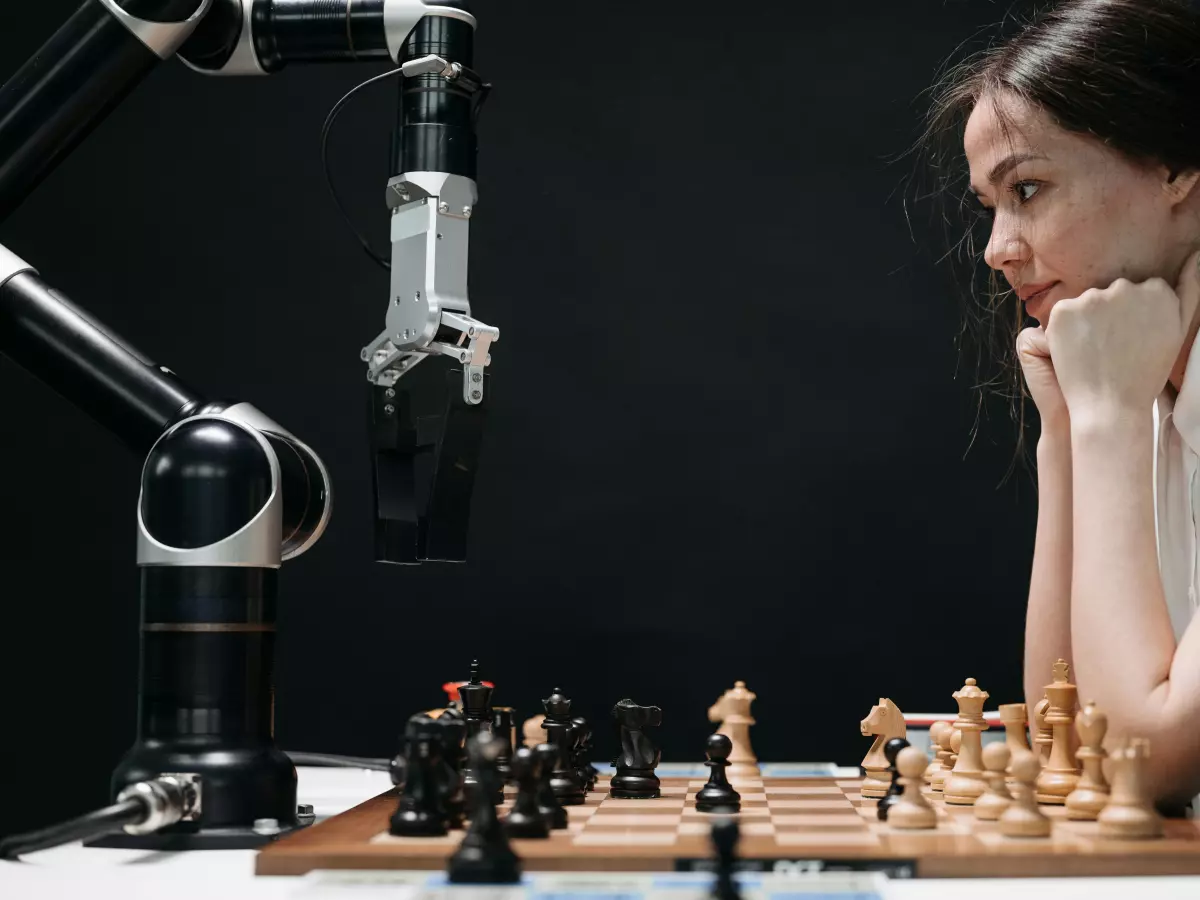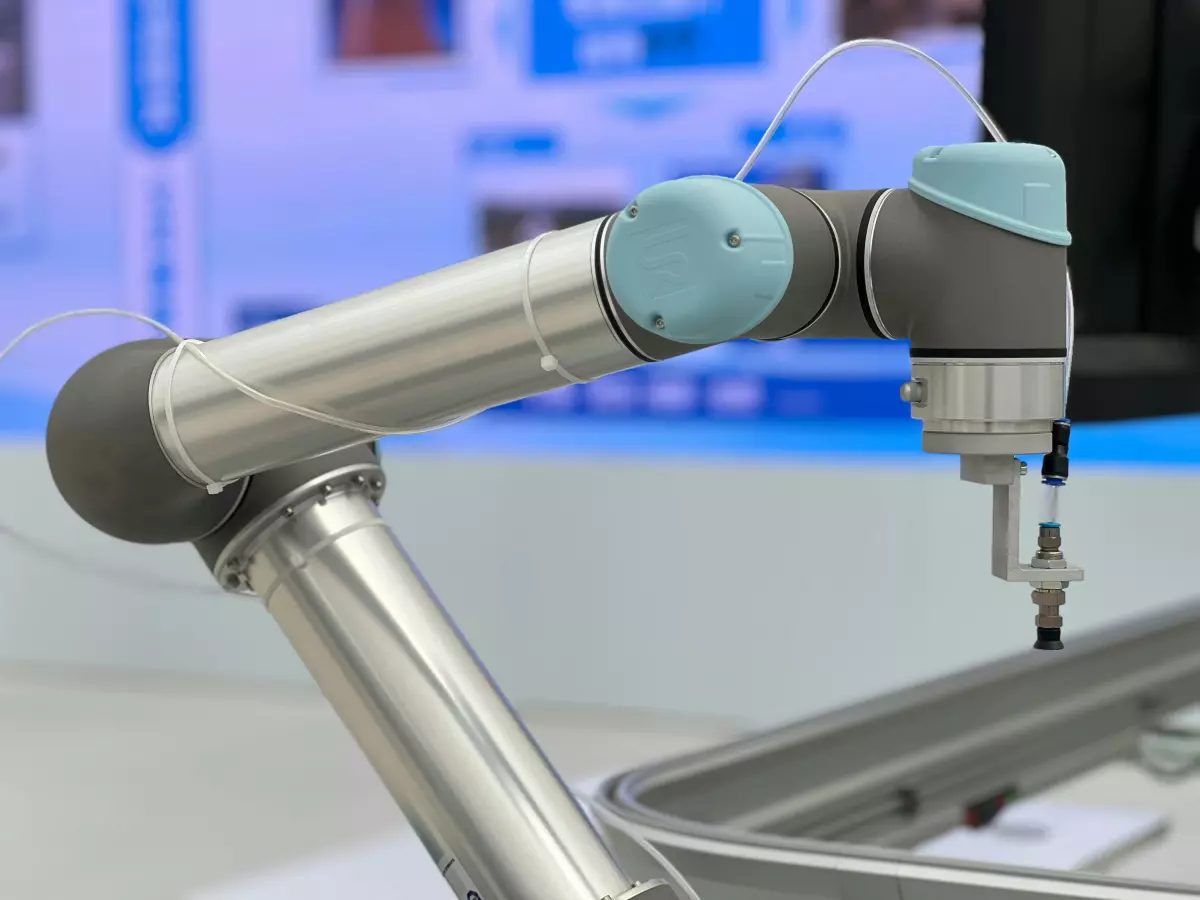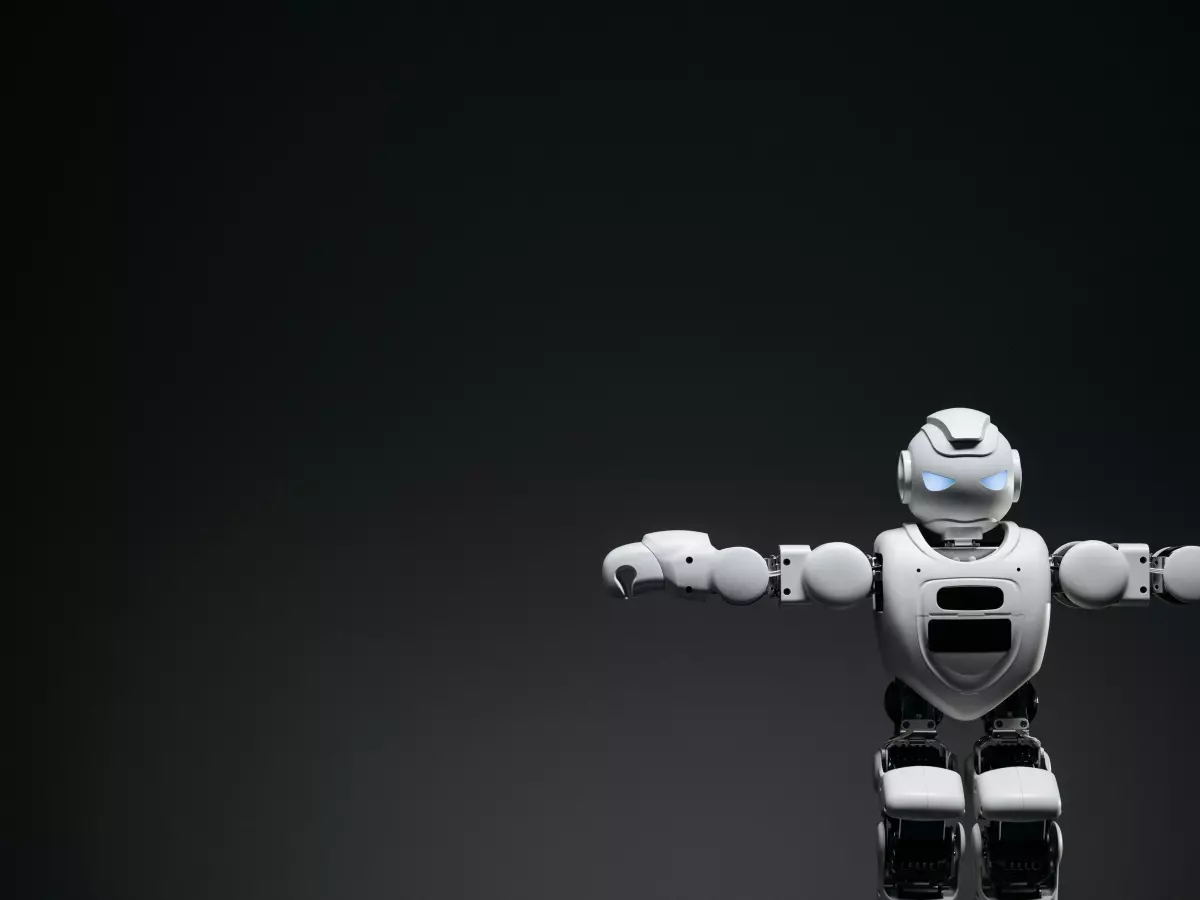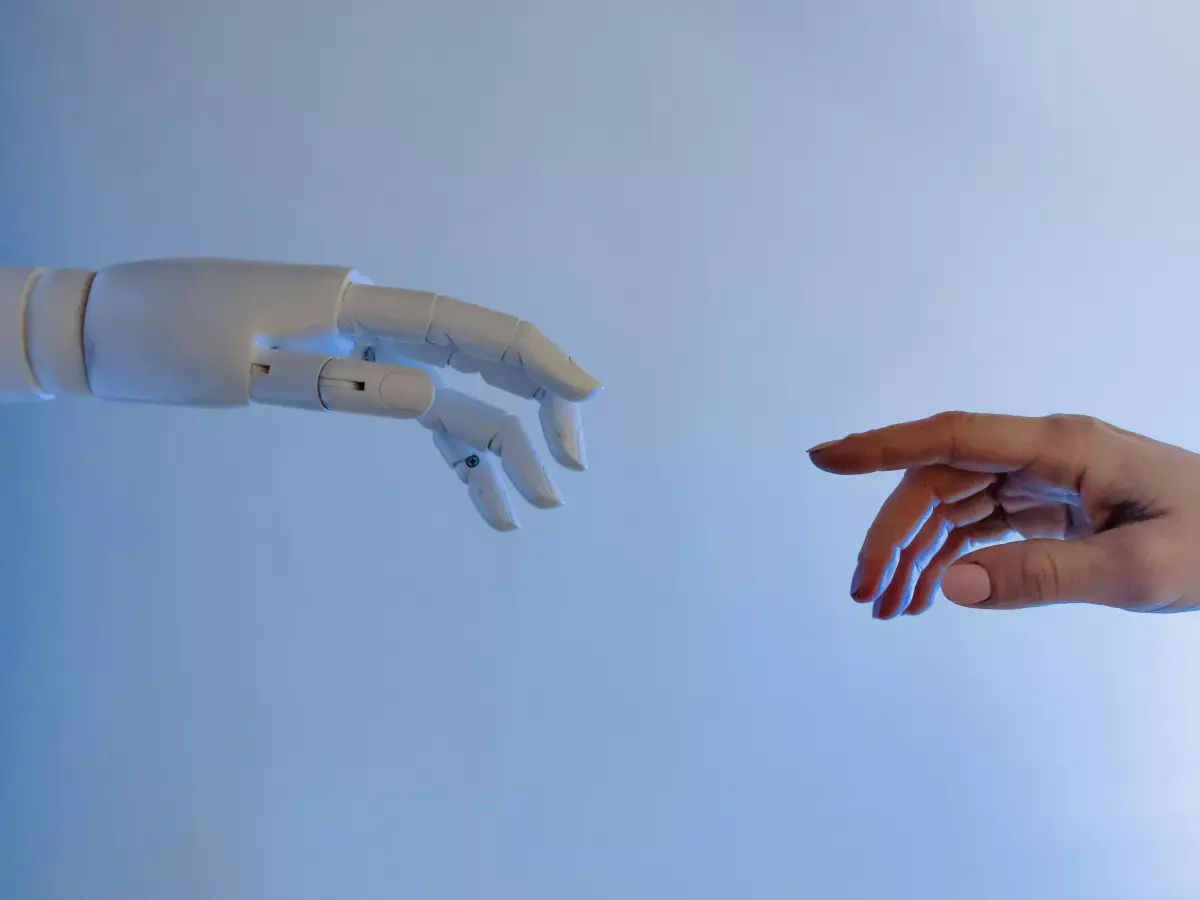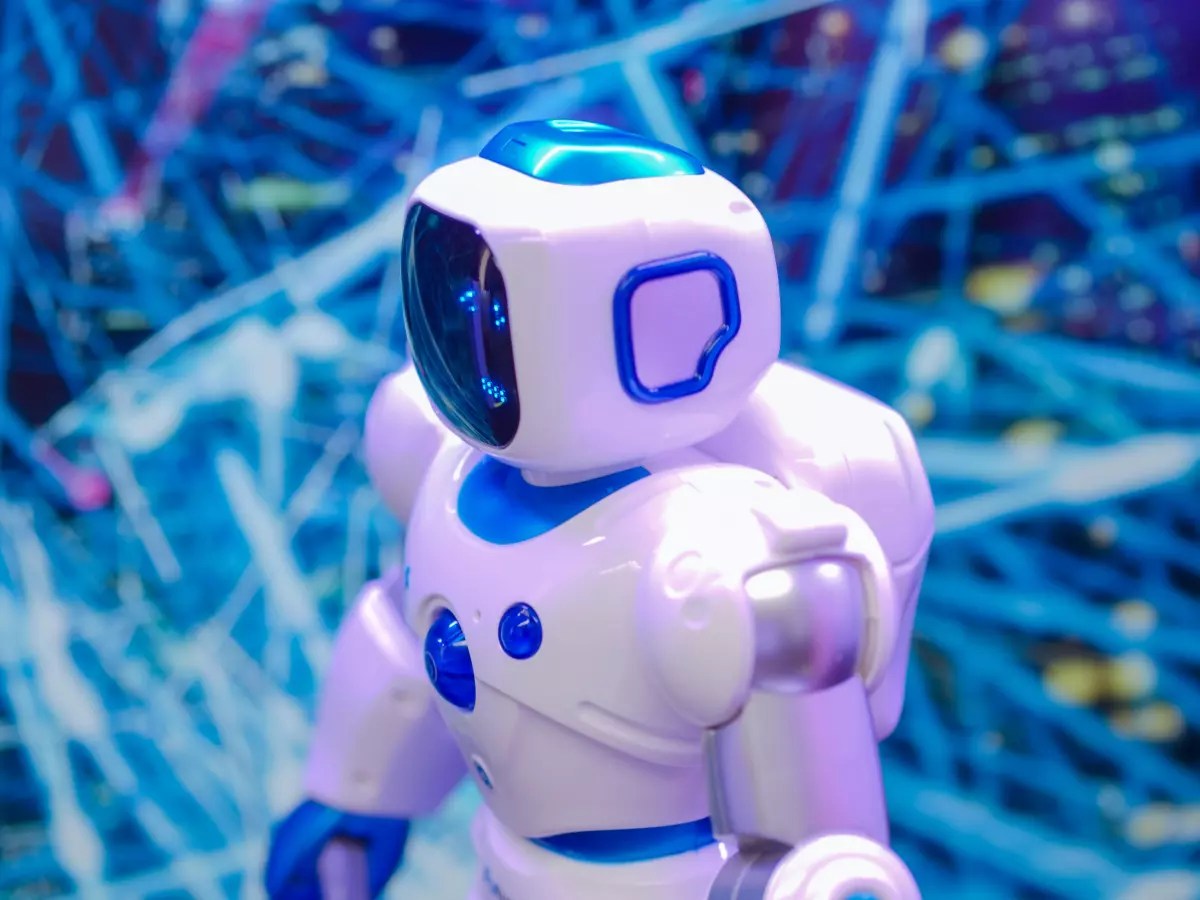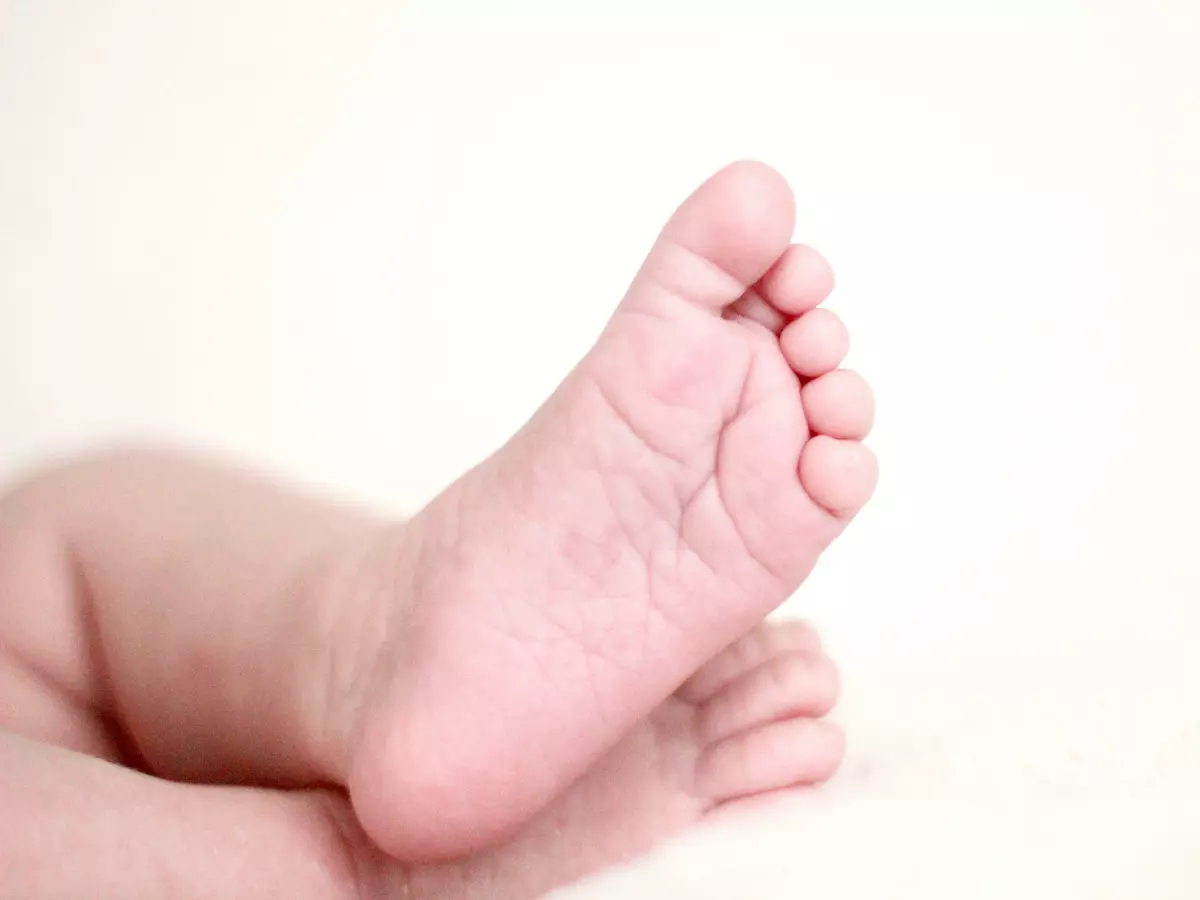Smarter robots, safer humans?
Imagine a robot that can predict your next mistake before you even make it. Sounds like science fiction, right? Well, not anymore. Robots are getting smarter, and the implications are mind-blowing.
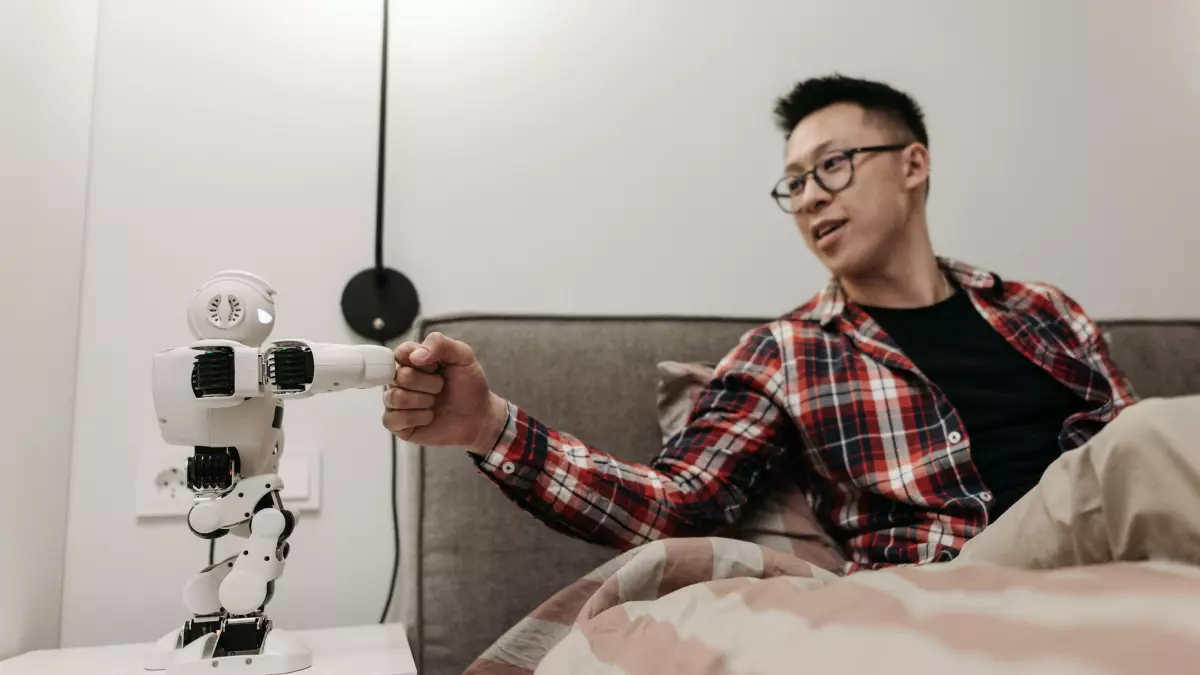
By Elena Petrova
We’ve always thought of robots as precise, efficient, and, let’s be honest, a little clueless when it comes to human behavior. Sure, they can follow instructions to the letter, but they don’t exactly “get” us. However, a new algorithm is flipping that script. According to Presse-citron, a breakthrough in robotics now allows machines to detect reckless human behavior. Yes, you read that right—robots are learning to spot when we’re about to do something dumb.
This is huge, especially in environments where humans and machines work side by side, like factories or even hospitals. The idea is that these robots will be able to intervene or adjust their actions to prevent accidents before they happen. But here’s the kicker: how do they know what’s reckless? And can they really “understand” us on that level?
How does it work?
The secret sauce behind this new robotic awareness is an advanced algorithm that analyzes human movements and behaviors in real-time. The system is trained to recognize patterns that typically lead to accidents—think of a worker reaching into a machine without looking, or someone walking into a restricted area. The robot doesn’t just react; it anticipates. It’s like having a hyper-aware co-worker who’s always got your back (minus the annoying small talk).
But before you start picturing robots as all-knowing overlords, let’s pump the brakes. These machines aren’t exactly “thinking” in the way we do. They’re not predicting the future or reading your mind. Instead, they’re using data—lots of it. By analyzing thousands of human actions, they can identify patterns that often lead to mistakes. It’s all about probabilities, not psychic powers.
Why does this matter?
Now, you might be wondering, “Why should I care if a robot can detect my clumsy moments?” Well, for starters, it’s a game-changer for workplace safety. In industries where accidents can be fatal, having a machine that can predict and prevent human errors could save lives. And it’s not just about safety. This technology could also improve efficiency. Fewer accidents mean less downtime, fewer repairs, and a smoother workflow overall.
On the other hand, this raises some interesting ethical questions. If robots are getting better at understanding human behavior, where do we draw the line? Will we start relying on machines to make decisions for us? And what happens when the robot gets it wrong? After all, no system is perfect, and the consequences of a misjudgment could be serious.
What’s next?
This is just the beginning. As AI continues to evolve, we can expect robots to become even more integrated into our daily lives. From self-driving cars to smart assistants, machines are learning to navigate the messy, unpredictable world of human behavior. But as they get smarter, we’ll need to stay one step ahead, asking tough questions about trust, responsibility, and control.
So, the next time you’re working alongside a robot, don’t be surprised if it seems to know what you’re about to do before you do. Just remember, it’s not magic—it’s math.
